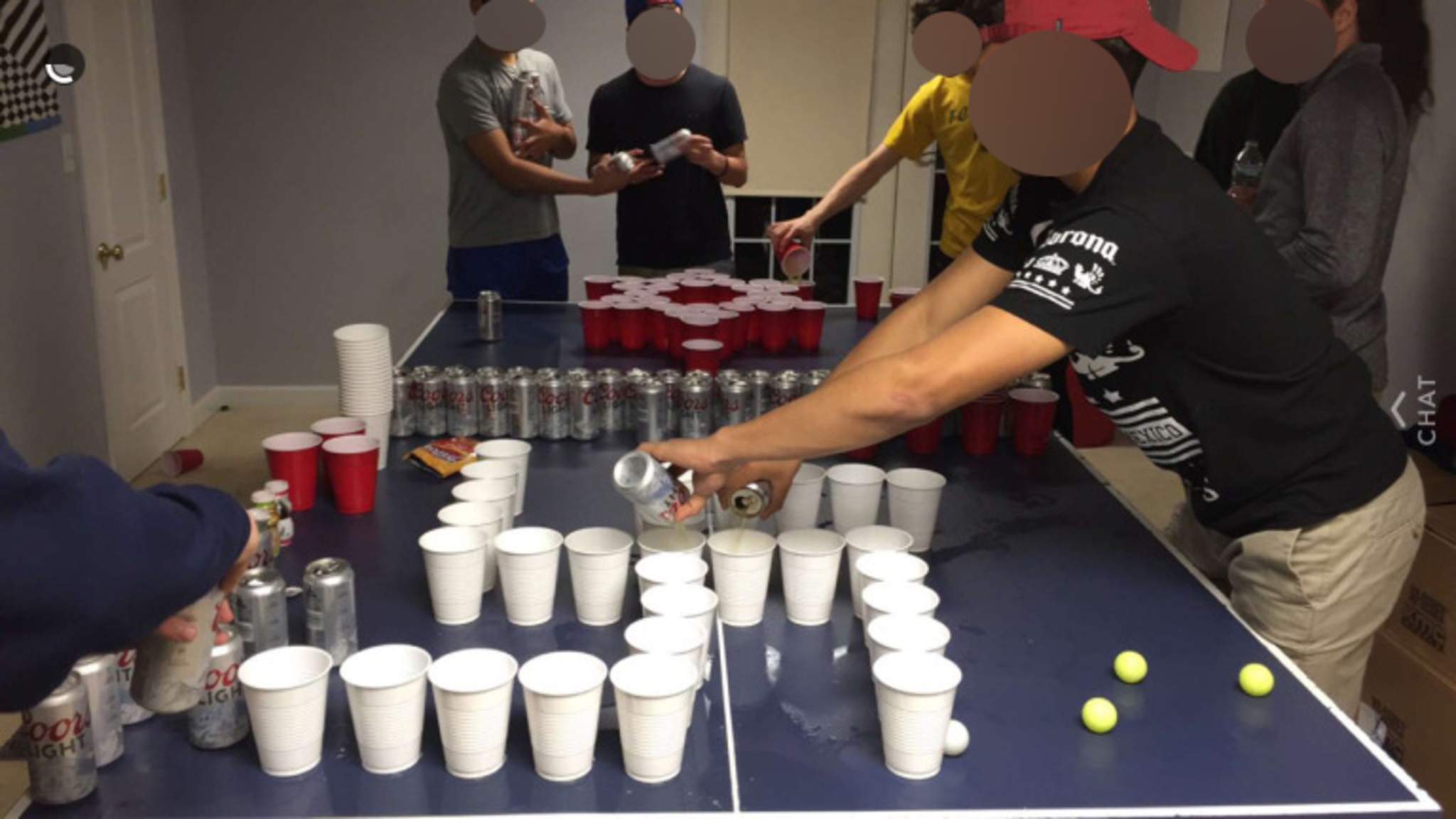Recently, an upsetting story picked up on social media: a group of high school students have been engaging in a modified version of beer pong that they call Holocaust Pong. It’s a game involving “Jews vs. Nazis” in which the Jews can “Anne Frank” (hide) one of their cups and the Nazis are allowed to “Auschwitz” their opponents, requiring one to sit down.
Obviously this is disturbing in the way that any mocking use of the Holocaust is. But maybe it deserves a closer reaction than the knee-jerk anger and outrage many have had to the story.
For example, Mel Brooks also made fun of the Holocaust (“Hitler On Ice”). So has Broadway (“The Producers”). And these are just the tip of the satirical iceberg.
So I think the real issue here is trust.
In those other cases, we trust that the comedians know what they are doing and would not abuse their position, but there is less trust in the high school students – not without reason – especially as this is beer pong, not Broadway.
Labeling it anti-semitism however, seems like a stretch, to say the least, and one which will create needless rage and fail to meet the educational challenge at hand.
And let’s not forget that the positive response to the student objecting to the game, seems to be far greater and louder than those supporting or playing it. This really is a case where we need to worry less about cursing the darkness (the game) and light more candles (nurture healthy responses to it’s existence).
Lastly, and most provocatively, but not shared for that reason, I cannot help but be struck by the fact that it is just about a month after Purim, a day when the rabbis not only command us to get drunk, but to do so to the point of confusing Haman (Nazis) and Mordechai (Jews). On some level, we all know that twisted humor is often a part of coming to grips with unspeakable horror. It does not excuse the game, but it does suggest what might be a wiser path than angry hand-wringing regarding its existence.

Listed for many years in Newsweek as one of America’s “50 Most Influential Rabbis” and recognized as one of our nation’s leading “Preachers and Teachers,” by Beliefnet.com, Rabbi Brad Hirschfield serves as the President of Clal–The National Jewish Center for Learning and Leadership, a training institute, think tank, and resource center nurturing religious and intellectual pluralism within the Jewish community, and the wider world, preparing people to meet the biggest challenges we face in our increasingly polarized world.
An ordained Orthodox rabbi who studied for his PhD and taught at The Jewish Theological Seminary, he has also taught the University of Pennsylvania, where he directs an ongoing seminar, and American Jewish University. Rabbi Brad regularly teaches and consults for the US Army and United States Department of Defense, religious organizations — Jewish and Christian — including United Seminary (Methodist), Yeshivat Chovevei Torah (Modern Orthodox) Luther Seminary (Lutheran), and The Jewish Theological Seminary (Conservative) — civic organizations including No Labels, Odyssey Impact, and The Aspen Institute, numerous Jewish Federations, and a variety of communal and family foundations.
Hirschfield is the author and editor of numerous books, including You Don’t Have To Be Wrong For Me To Be Right: Finding Faith Without Fanaticism, writes a column for Religion News Service, and appears regularly on TV and radio in outlets ranging from The Washington Post to Fox News Channel. He is also the founder of the Stand and See Fellowship, which brings hundreds of Christian religious leaders to Israel, preparing them to address the increasing polarization around Middle East issues — and really all currently polarizing issues at home and abroad — with six words, “It’s more complicated than we know.”

